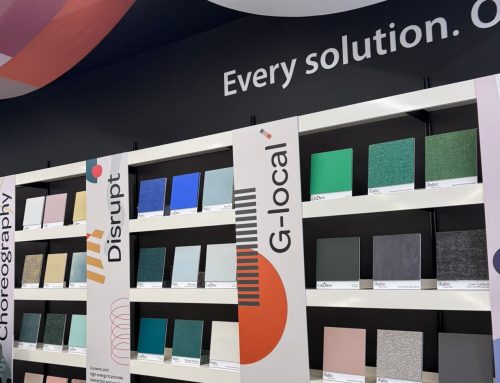The “Out of Office” is on, but are you really taking a break? Yes you read that right, we’re telling you how to holiday better!
We’re living (and working) through some particularly strange times – whilst working from home at least some of the time, has become fairly normal to most of us – our workloads haven’t diminished and if anything many of us have seen our work loads increase. Travel has been somewhat limited and the whole concept of a ‘holiday’ has been altered during the last 18 months due to the pandemic. Taking time out when your home has become your office or you’ve started working flexibly and remotely more often, means the lines are blurred and time ‘out of the office’ has actually become part of the work-day.
The importance of truly taking time off is so crucial in maintaining a healthy work-life balance; to spend time with loved ones, to explore new places, allowing you to pursue new skills or hobbies but also it’s a very important part of normalising take off in a world that increasingly demands unhealthy work strategies and cultures.
Burn-out is real and needs to be prevented rather than recovered from. Emotional and physical wellbeing in the workplace has trended for some time, but this has to translate into spending time not working too. ‘The Grind’ is celebrated across most industries and unhealthy expectations have been laid out where we are checking, being available and present whilst on holiday. We’re here to promote guilt-free break taking!
There are things we can do. As much as you have planned to take time off, take time to plan your workload being delegated and tasks shared to others whilst you’re away. There is nothing worse than leaving knowing your responsibilities and mailbox will be full to the brim on your return. It’s important to have a strategy in place where your colleagues can take over from you and ensure there is absolutely no need for the dreaded phone call that leads you straight back into the depth of you work email account whilst on holiday.
This is about work culture. Your organisation needs to promote and facilitate time off in the same way that it promotes wellbeing or flexible working. Companies that do this well, benefit from their employees not being at work because it means when they are in they are present, motivated and energised. Just because you are efficient or good at your job, doesn’t mean you should work more. Being able to take time out to nurture your skillsets, rejuvenate your energy levels, relationships and over-all happiness translates directly into boosted morale in the workplace promoting productivity and loyalty.
Now put that ‘Out of Office’ on and mean it!







